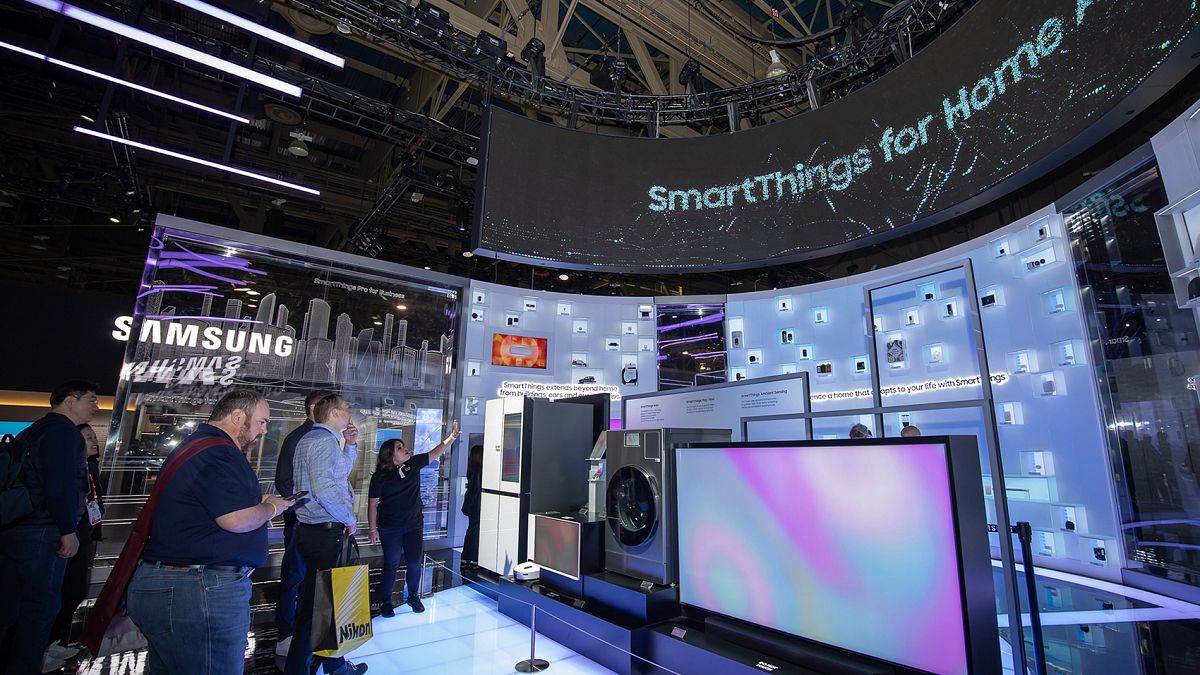Published on
Almost nine out of 10 Europeans are concerned about their privacy and would be more willing to embrace technology with artificial intelligence (AI) if they knew their data was secure, a new survey has found.
Research from Samsung Electronics showed that as well as privacy concerns, more Europeans (62 per cent) would be willing to use AI if they understood the benefits to their lifestyles.
The data comes as tech companies race to integrate AI into their gadgets, such as Apple which this week announced several updates, including AI in its smartwatch to give users better health data.
Internet data scraping is one of the biggest debates in AI, with tech companies such as OpenAI saying all content online should be used to train AI models, which has led to lawsuits over copyright and data practices.
However, the survey also showed that privacy concerns are wide-ranging, such as fraud and metadata being used to identify humans.
The data also showed that 75 per cent of respondents felt managing data was stressful.
The country in Europe where people were the most stressed was Spain (88 per cent), followed by Greece (87 per cent), and France and Italy (both 75 per cent).
However, the survey also showed that privacy concerns are wide-ranging, such as fraud and metadata being used to identify humans.
Fears holding consumers back
While most consumers were worried about privacy on their smartphones, with almost 50 per cent thinking about the privacy of their phones every day, more than a third of them had never thought about the security of their smart appliances at home, such as robot vacuum cleaners or smart fridges.
Fears around security are preventing some consumers (18 per cent) from sharing data between their smart devices. This, in turn, holds consumers back from getting the most out of their tech, the survey said.
At the Consumer Electronics Show (CES) in January, Samsung Electronics said it wanted its home devices to be connected, so that a robot vacuum would automatically clean up after a hairdryer was used.
“This research highlights a growing trend: while consumers are proactive about managing privacy on their smartphones, they’re often overlooking the broader ecosystem of connected devices,” Dr Seungwon Shin, corporate EVP and head of security team, at Samsung Electronics, said in a statement.
“It also reflects a hesitation to fully embrace AI-powered experiences, largely driven by uncertainty around data use”.
More than 8,000 people were surveyed across the UK, France, Germany, Italy, Spain, the Netherlands, Croatia, and Greece in April.

